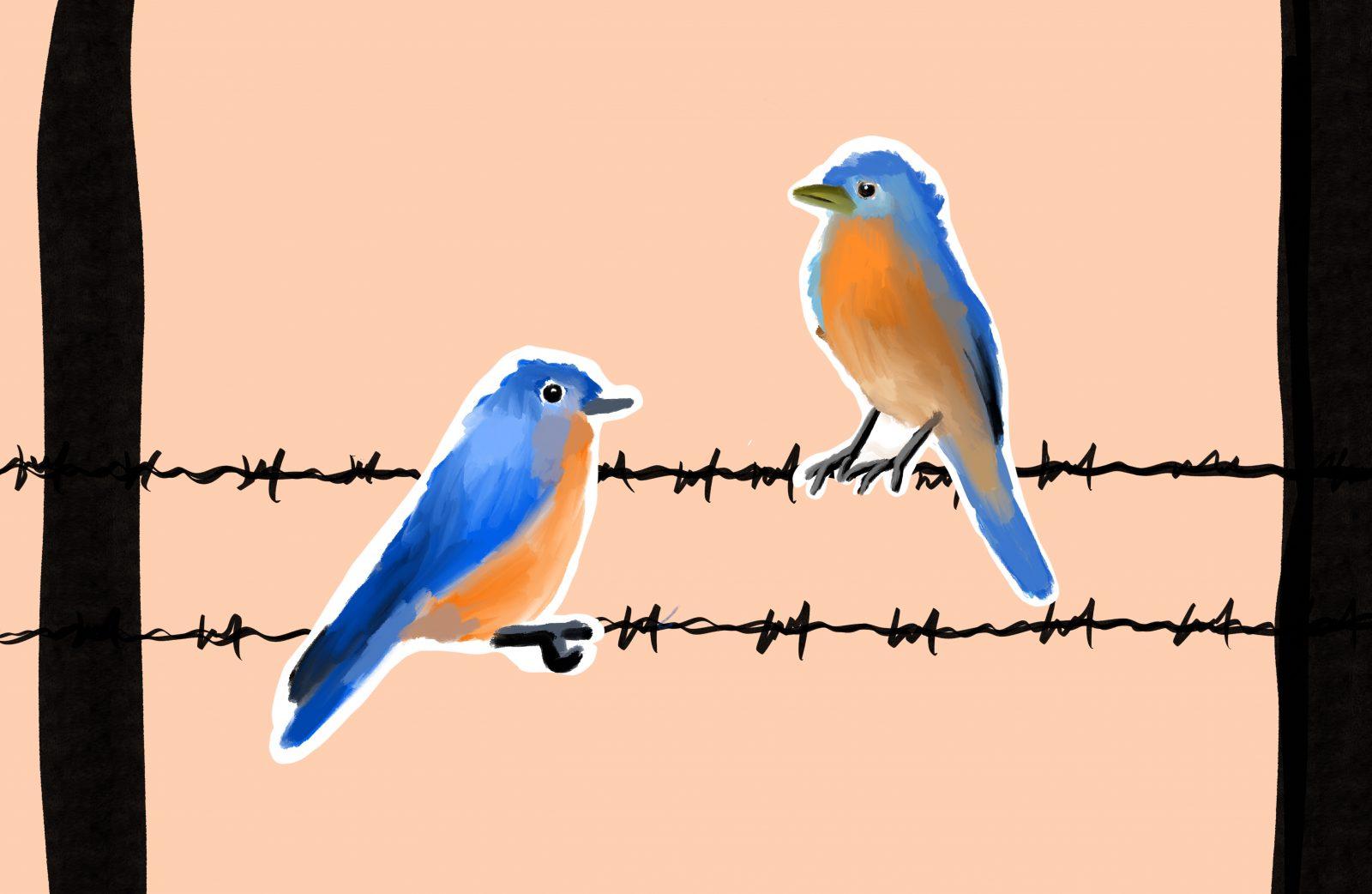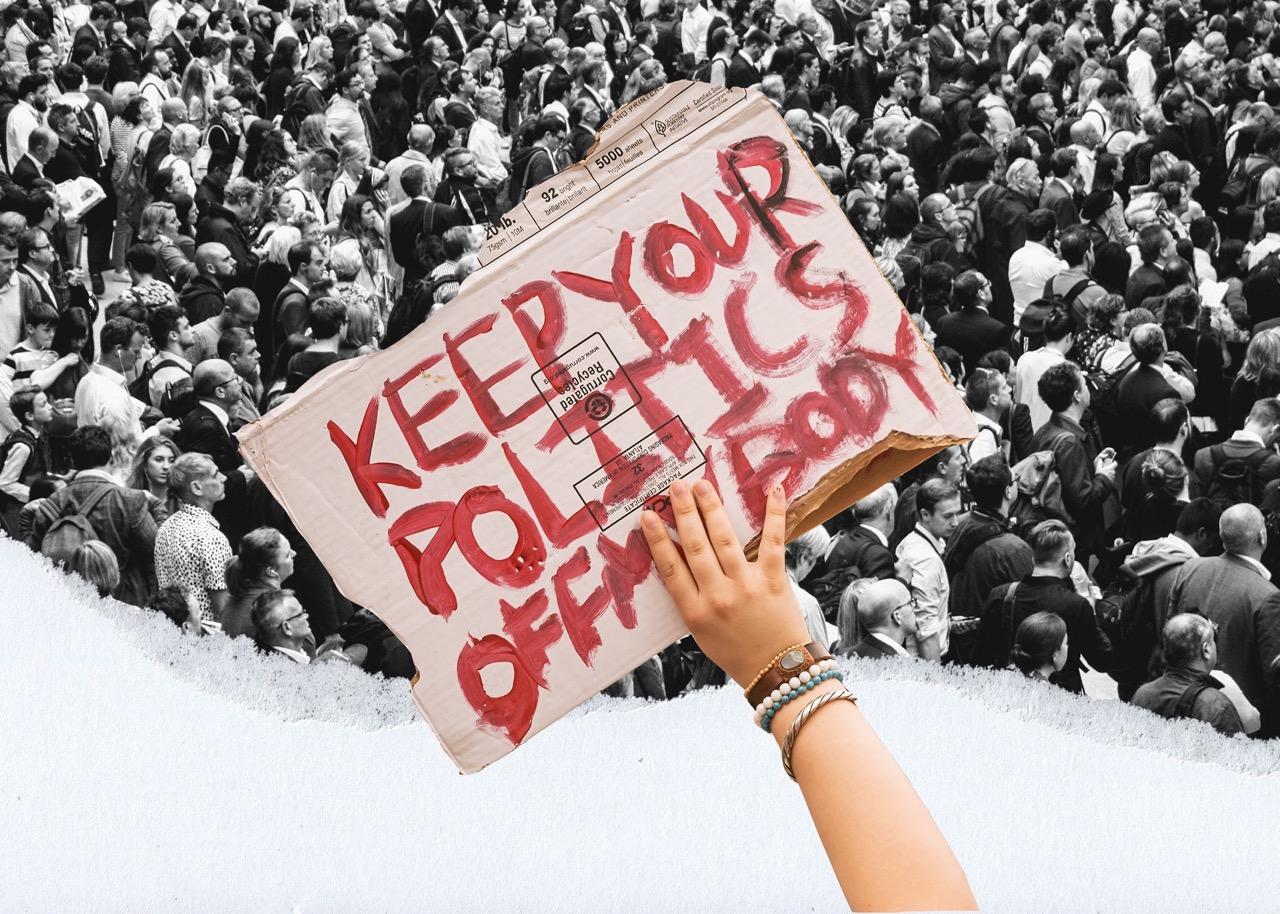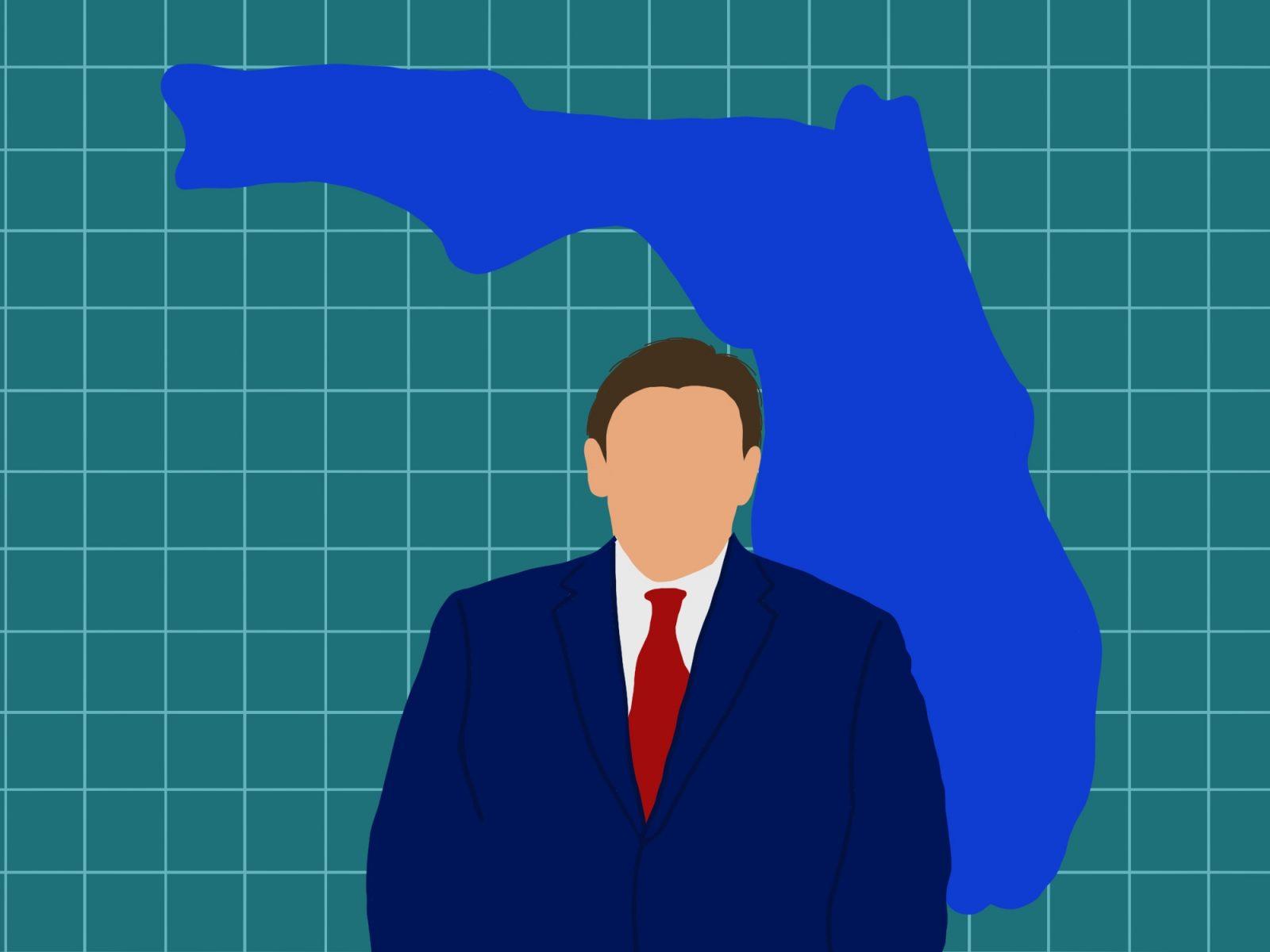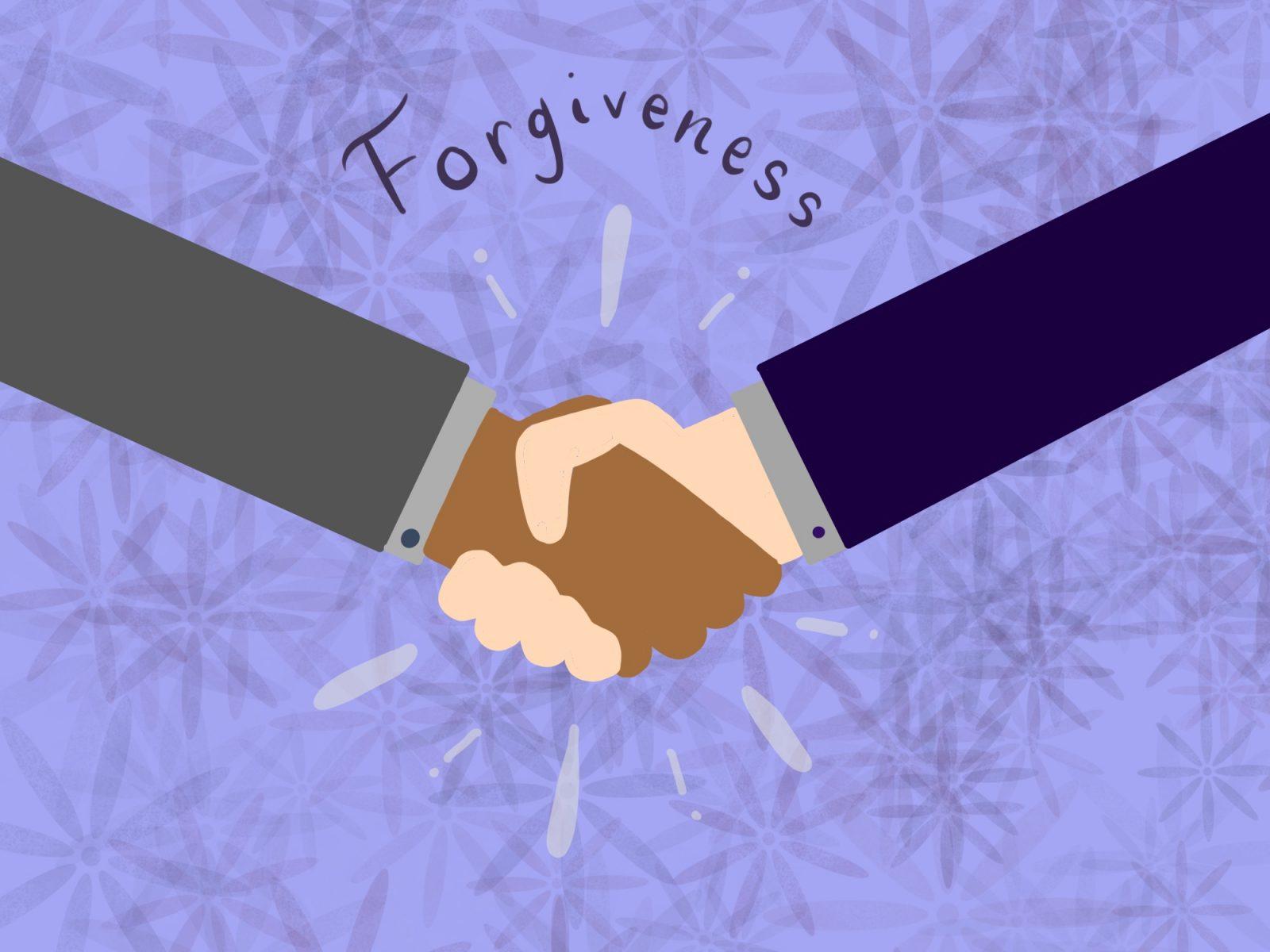A beleaguered man and his family find themselves in the midst of a warzone, cut off from food and medicine and caught in the middle of a siege. Families cling to memories of their disappeared loved ones — young people ripped off the streets and summarily executed for speaking against the war or the government. A madman orders airstrikes and sieges from his lavish palace, pretending to be a leader for the people while faking elections and murdering dissenters.
You would be forgiven for assuming these stories describe the suffering of Ukrainians and Russians, or malign Vladimir Putin and his reign. You would be forgiven for praying for these poor, innocent Ukrainian people, for a return to civility, for these Europeans to again hear the sounds of birds, not bombs. You would be forgiven for waving a yellow and blue flag in response to these ghastly tales.
But these stories do not come from Europe. They do not describe Kyiv, or Ukrainian civilians, or Putin.
They are stories from both the past and the present that have existed for years and still happen every day. They are stories that will continue into perpetuity, seemingly — God forbid — forever. And they are stories that are entirely ignored and completely forgotten.
They are stories from Syria.
I do not relay this to distract from the brutal, horrific events unfolding in Ukraine, or to minimize, in any way, the profound suffering of Ukrainian people.
But I cannot imagine how frustrating it must be for Middle Eastern or African people to see the outpouring of love and rage in support of Ukrainians, when many nations in those regions have been undergoing bloody, unjust wars for years. It is difficult to fathom, too, the pain of hearing politicians and rulers describe how shocking and “alien” war in Europe is, creating an implicit juxtaposition between the supposed order of Europe and the normalized violence and bloodshed in nations in the Global South.
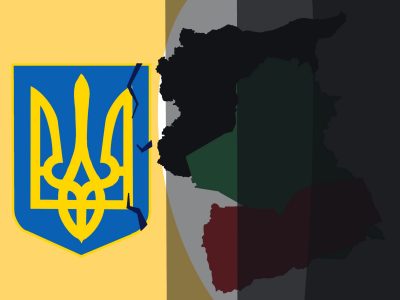
It should not be acceptable to consider some nations deserving of copious sorrow and charity, while other nations — think Syria, South Sudan, Afghanistan — are ignored, their suffering deemed common and uninteresting.
The hypocrisy doesn’t stop there, though. Countless Ukrainian civilians have recently taken up arms, blown up bridges and made Molotov cocktails en masse to use against the invading Russians. The world lauds their courage, their patriotism and their fiery spirit — as it should. And yet Palestinian people who dare to engage in such practices to defend their land from invaders are deemed uncivilized or terrorists.
Ukrainian refugees are being greeted at train stations with strollers and hugs and beds. Palestinian people are ripped from their houses and sent away with nothing by the Israeli government. Who holds them close as they cry?
Syrian refugees live meager existences in crowded camps for years on end. Who meets them at train stations with food and a spare room?
Somali people endure perilous journeys in flimsy rowboats across rough waters. Where are strollers for their babies when, or if, they make it to shore?
War anywhere should be devastating to everyone, everywhere. I do believe it’s a good sign that people around the world are united with fury at Russia and pleading for peace. The spread of pacifism, a fervent goal of mine, can often be attributed to events like the Russian invasion of Ukraine — indefensible, morally reprehensible conflicts.
But my qualms are with the insidious biases implicit in these recent calls for pacifism — the endless tweets in support of one group of innocent members of a war-torn nation, but certainly not all.
Why aren’t people of color considered worthy of universal support and empathy? Why is their agony and fury and heartbreak considered invalid or dull — or more often, not considered at all? Why must they accept that war is the default in their home, that Ukrainians are allowed to fight back until they live in tranquility and joy again, but Middle Eastern or African people just have to endure, suffer and deny that they long for peace too?
“This isn’t a place, with all due respect, like Iraq or Afghanistan,” an American reporter recently said about Ukraine. “This is a relatively civilized, relatively European…city where you wouldn’t expect that or hope that it’s going to happen.”
Racism, then, and the idea that some people are more “civilized” than others seems to be the answer to those questions.
When I was little and my family would say prayers before bed, my older sister used to say, “Pray for the people who have no one to pray for them.” The world is aching and praying for Ukraine right now — as it should, and as I do, too.
But I also think it’s time we honor the countless people in war-torn nations who are dead without remembrance, suffering without support and terrified and alone with no end in sight. It’s time to pray that these people who are not being prayed for — who have never really been prayed for — will one day too hear the sounds of birds, not bombs.






















































































































